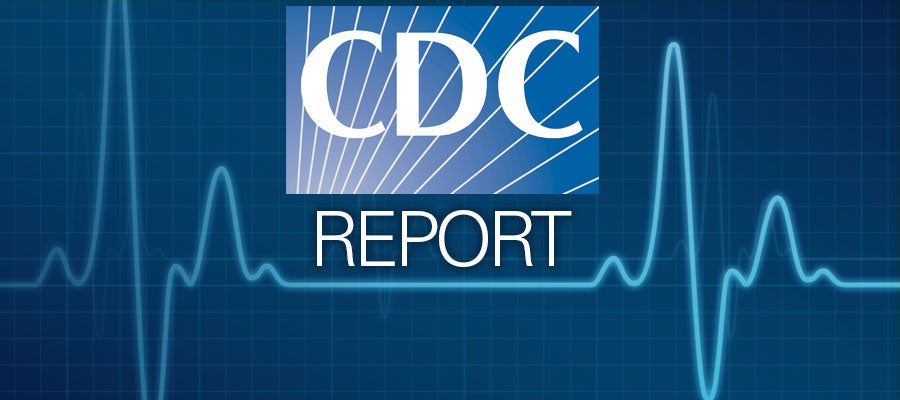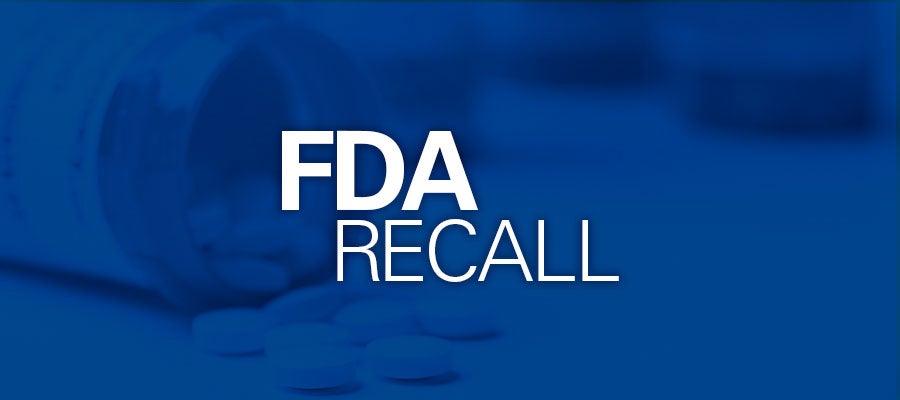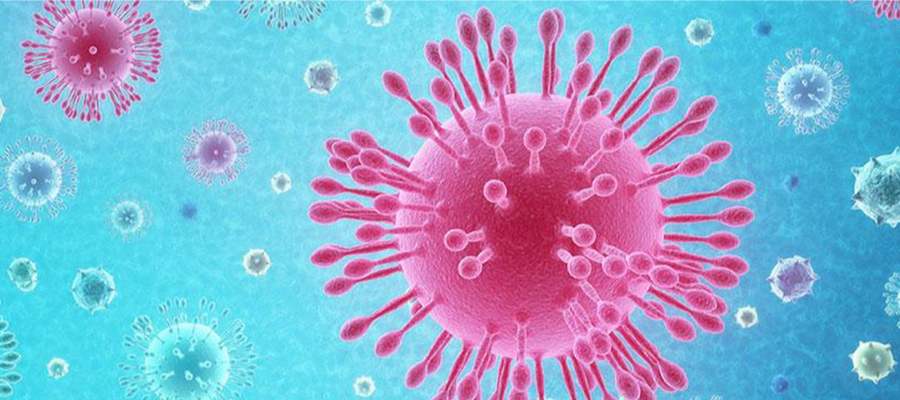
The AHA, joined by other organizations, urged the U.S. Supreme Court to review a 3rd Circuit Court of Appeals decision that gives private individuals “broad license” to bring meritless False Claims Act lawsuits against hospitals and other health care providers.







